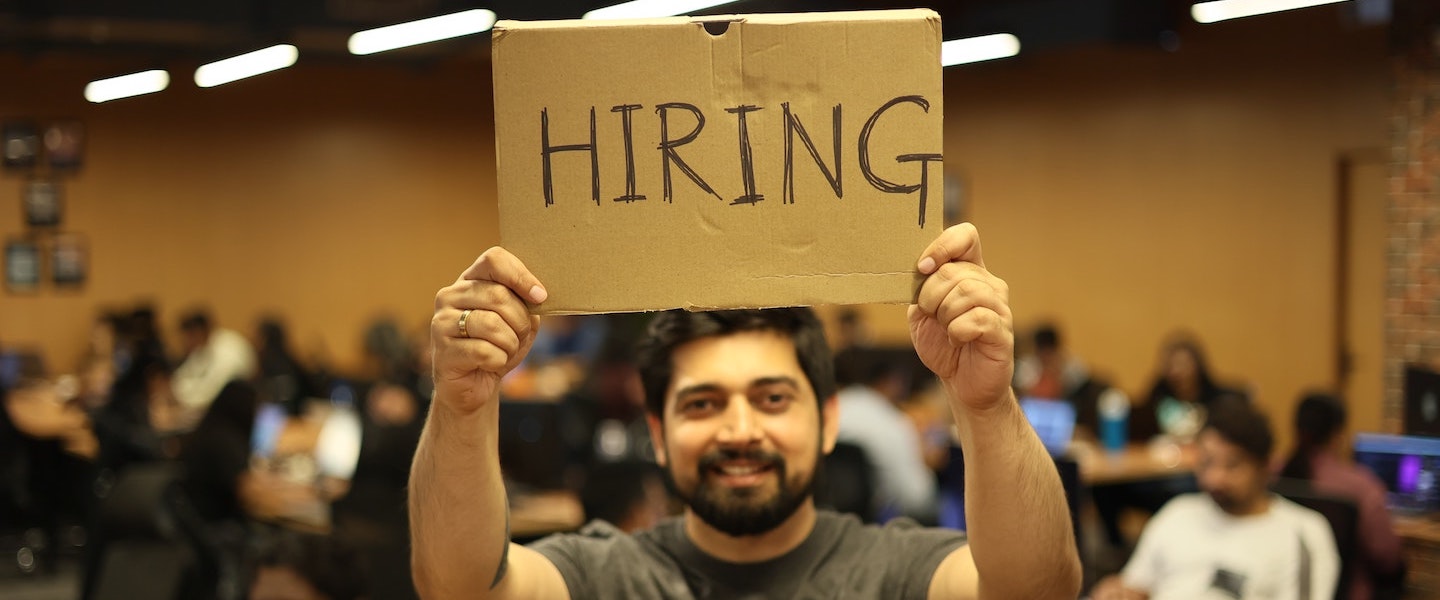
Honest reflections from the pandemic and post-pandemic recovery
At the recent Australian International Education Conference, we led a number of sessions, including a compelling discussion with senior leaders from our University Partners globally.
This drew out rich comparisons of the ways – good and bad – in which the UK, Australia and New Zealand navigated the pandemic, and what may come next. The powerful impact of the discussion came from the expert, generous and candid commentary of our speakers: John Molony (Pro Vice Chancellor and Vice President International, Deakin University, Australia), Brett Berquist (Assistant Vice Chancellor Engagement, University of Canterbury, New Zealand) and Bobby Mehta (Associate Pro Vice Chancellor Global Engagement, University of Portsmouth, UK).
We had invited them to reflect on “the good, the bad and the ugly” – not only at national and institutional levels, but also in terms of their own leadership, which generated valuable openness and insight for the conference audience.
Below we share our insights from the session.
AT THE NATIONAL LEVEL
The pandemic resulted in levels of collegiality across the international education sector not previously seen
All three speakers agreed that the pandemic led to increased sector collegiality and collaboration in their countries. Universities that have historically seen each other as competitors in a global market, became allies with a shared purpose and concern. This collaboration resulted in the effective coordination of student return programs, better engagement with government and working together to solve shared problems. One particularly noteworthy example of this is in the division of places for student returns programs in New South Wales, Victoria and New Zealand – where places were ‘divvied up’ between providers in a collaborative and non-competitive manner. The personal connections and bonds of trust developed through this period continue to this day.
Different political systems resulted in different responses and challenges
In Australia, where borders remained closed for an extended period, the federated model created challenges of responsibility for this policy area with providers “working in heavy mud” as John identified. In contrast, localised responses supported student welfare during this period. In contrast, as Bobby reflected, the United Kingdom coordinated immediately and was able to respond quickly. Borders remained open and the United Kingdom actually saw increasing numbers during COVID. New Zealand was somewhere in the middle. Government response was quick, but extended border closures made it difficult to retain student interest over the course of the pandemic. Different political systems resulted in a different response and different experiences for the sector.
There is an opportunity for international education to “build back better”
Finally, each panelist identified that there were opportunities to build back the sector and learn the lessons from the past few years. The sector won’t simply return to how things were, but rather needs to learn from its experiences particularly in areas such as online delivery, supporting offshore partnerships and source market sustainability.
AT THE INSTITUTIONAL LEVEL
Initial focus was on understanding the impact and putting students first
The value of insights was raised as critical for leaders in understanding the sector. John identified that insights from consumer surveys, including Navitas’ agent survey, were critical to understand decision making drivers of students and respond effectively. Participants also identified the importance of student-centered responses – ensuring that students were supported whether they be located in their home country or in their study location. On this issue, Bobby identified that UK international students staying in other parts of the country during the pandemic created challenges in supporting students, with many valuable services being provided on campus and not accessible to these students.
The pandemic has left a legacy of agility and innovation not previously seen in the sector
Institutions were forced to move quickly in response to the pandemic. As is well understood, teaching was quickly moved online, but importantly so too were support services. These services were able to support students deep in international markets. Brett reflected on how New Zealand providers were “playing catch up and coming from behind the curve”, but this stimulus resulted in significant developments for the sector that may not have otherwise occurred.
AT THE PERSONAL LEVEL
COVID took a personal toll on leaders
All three participants were candid on the challenges the pandemic had on them personally. Lockdowns, working from home, and remote teams were all difficult to manage, with one participant reflecting their energy levels fluctuated in ways they were not used to.
Old ways of being a leader weren’t always right during COVID
Some participants reflected on how they needed to change their approach to leadership. For some the old ways of doing things didn’t work and there was a need to be intentional in approach during this period. For some, this was acknowledging there was a need to slow down and not return to pre-COVID full speed, for others this was realising the opportunity that existed.
Leaders have embraced change and have renewed focus coming out of COVID
Finally, while panelists didn’t say it explicitly, it is clear that each has a renewed focus as we’re entering into the next stage of the post-pandemic world. Each spoke warmly of the future opportunities for the sector, what we need to learn from the past and the positive connections that they have established during this period.
Navitas would like to thank John Molony, Bobby Mehta and Brett Berquist for their participation in the session and their honest reflections.
Morwenna Shahani (Executive General Manager, Navitas University Partnerships Australia) was the facilitator of the session, and Ethan Fogarty (Senior Manager, Government Relations at Navitas) played the role of rapporteur for the session.



